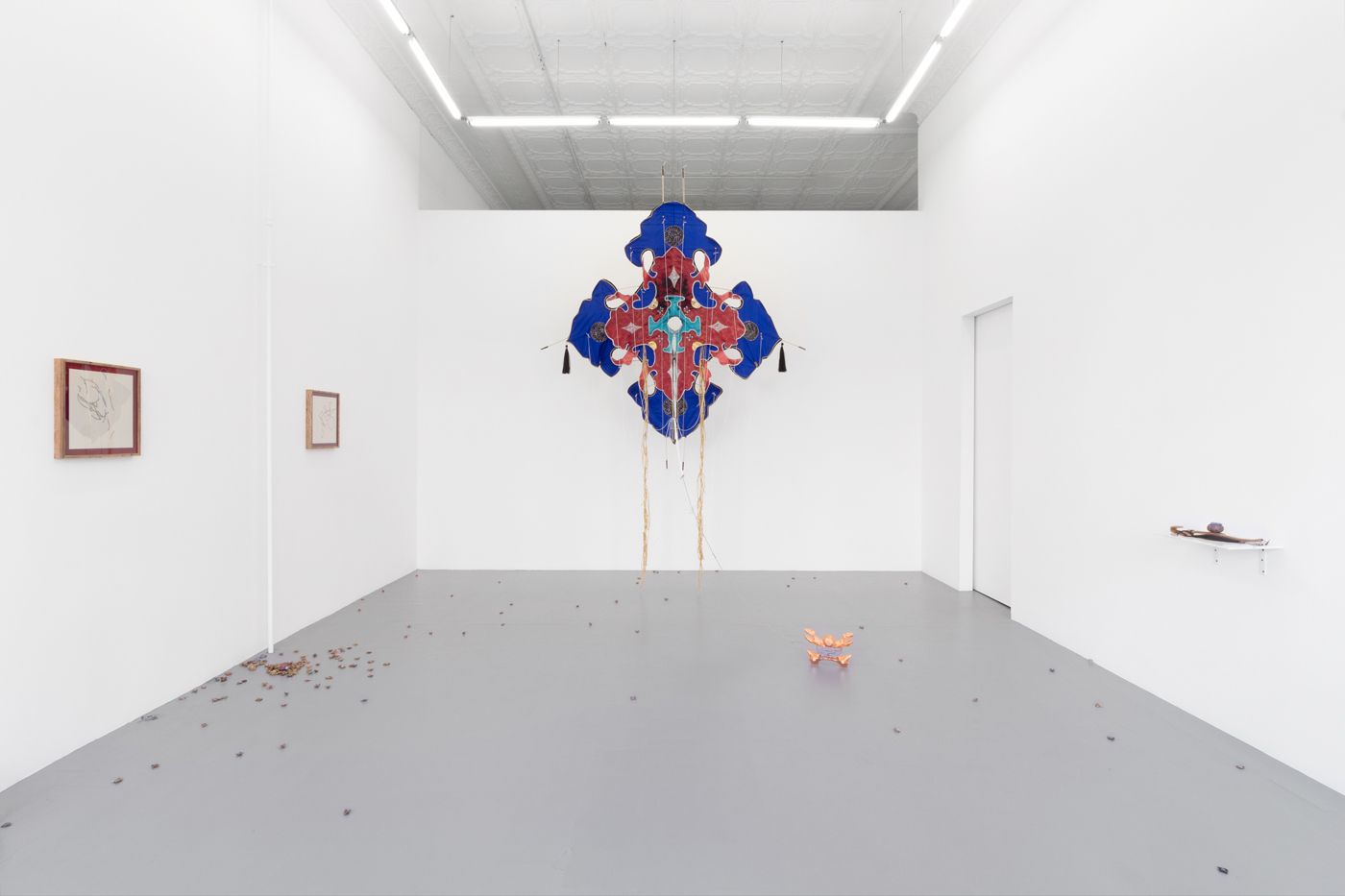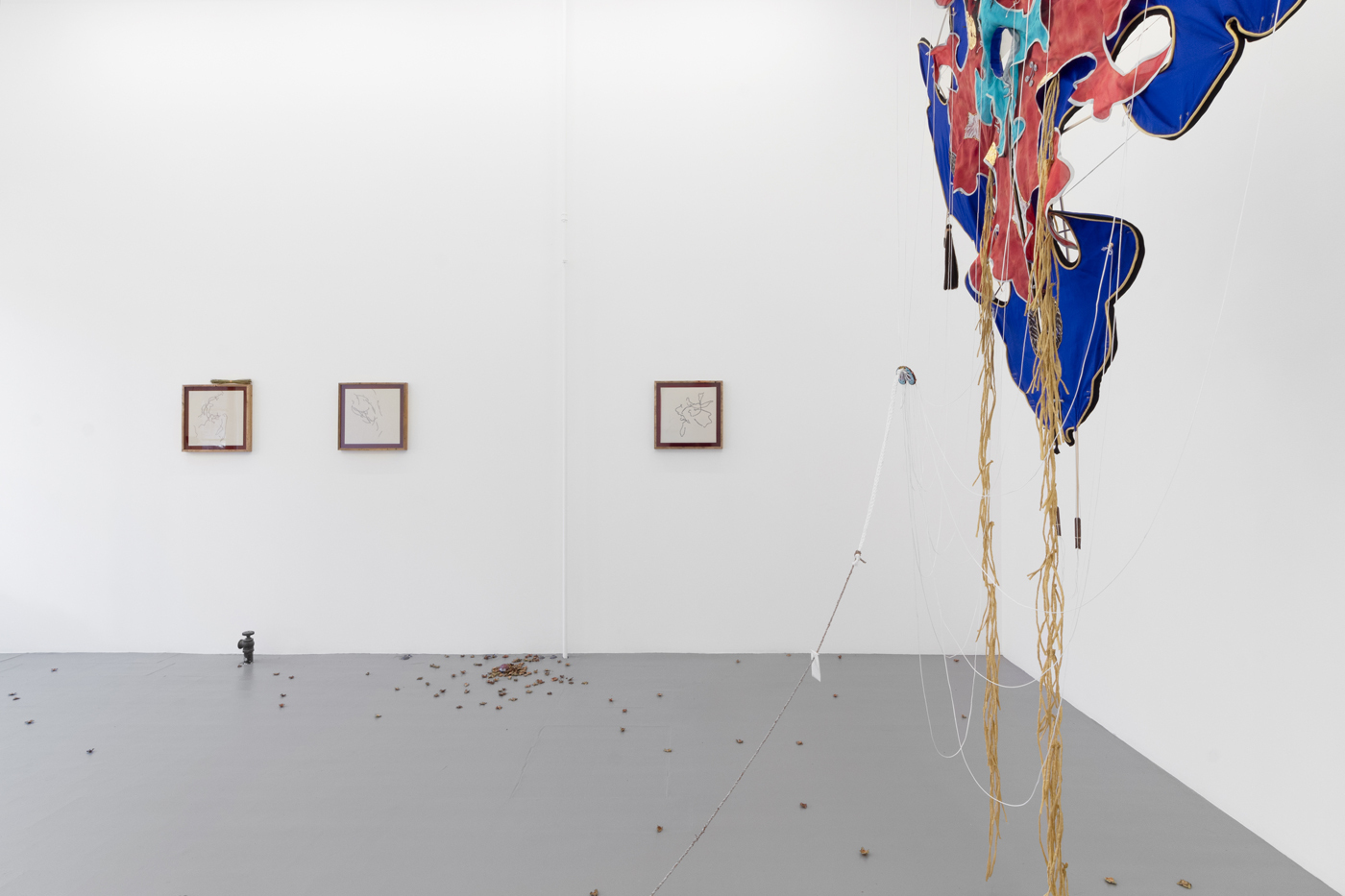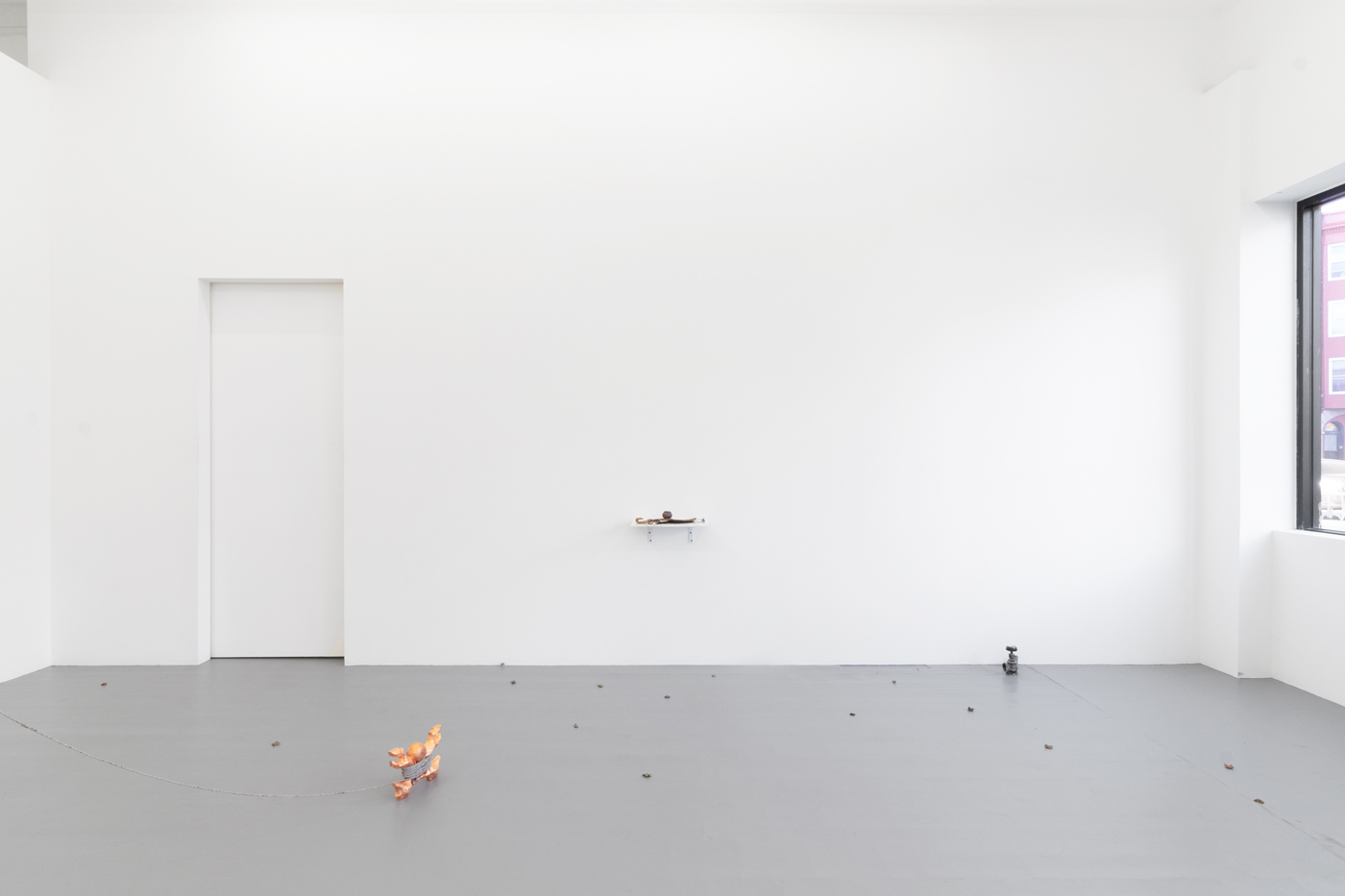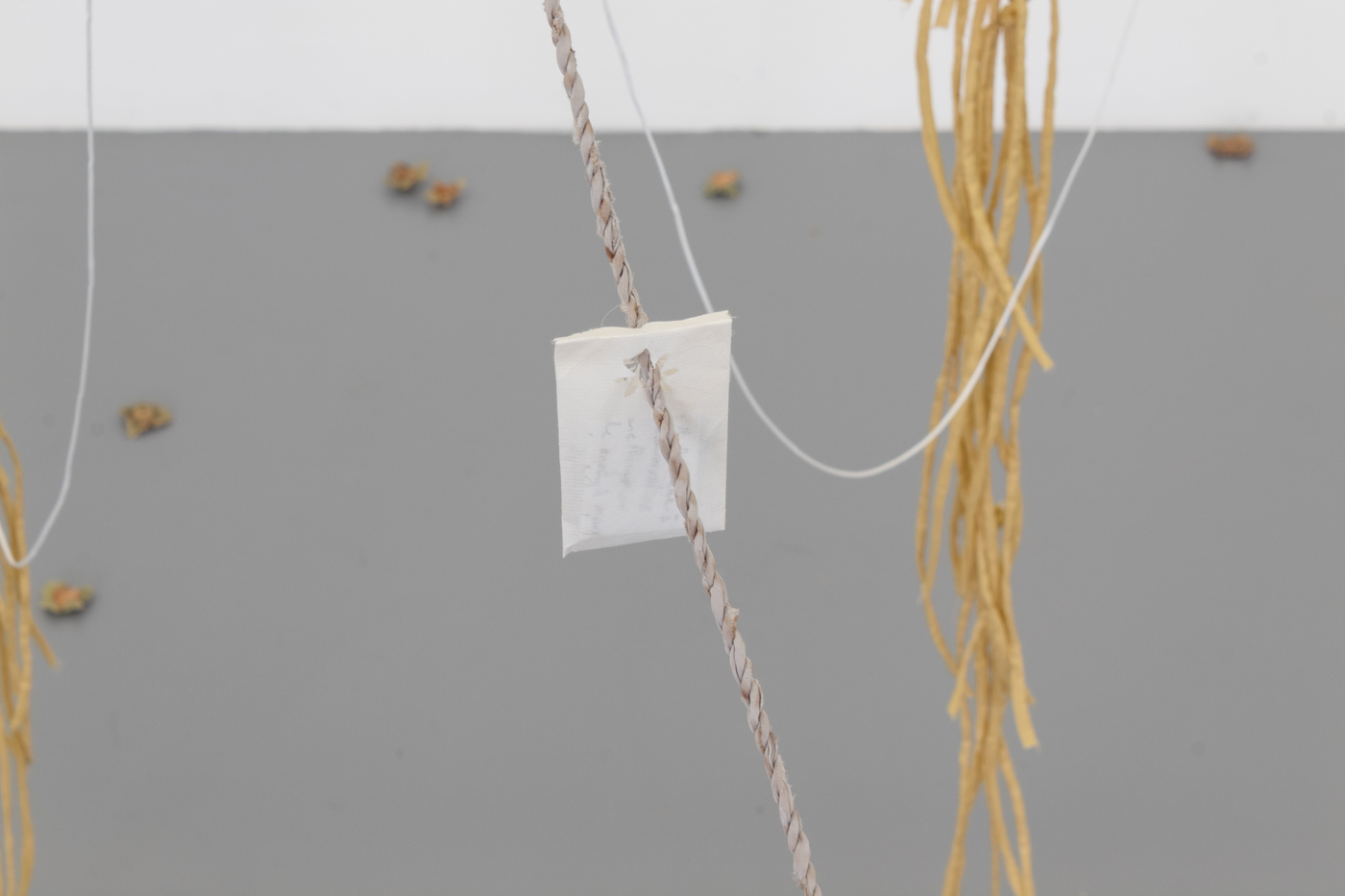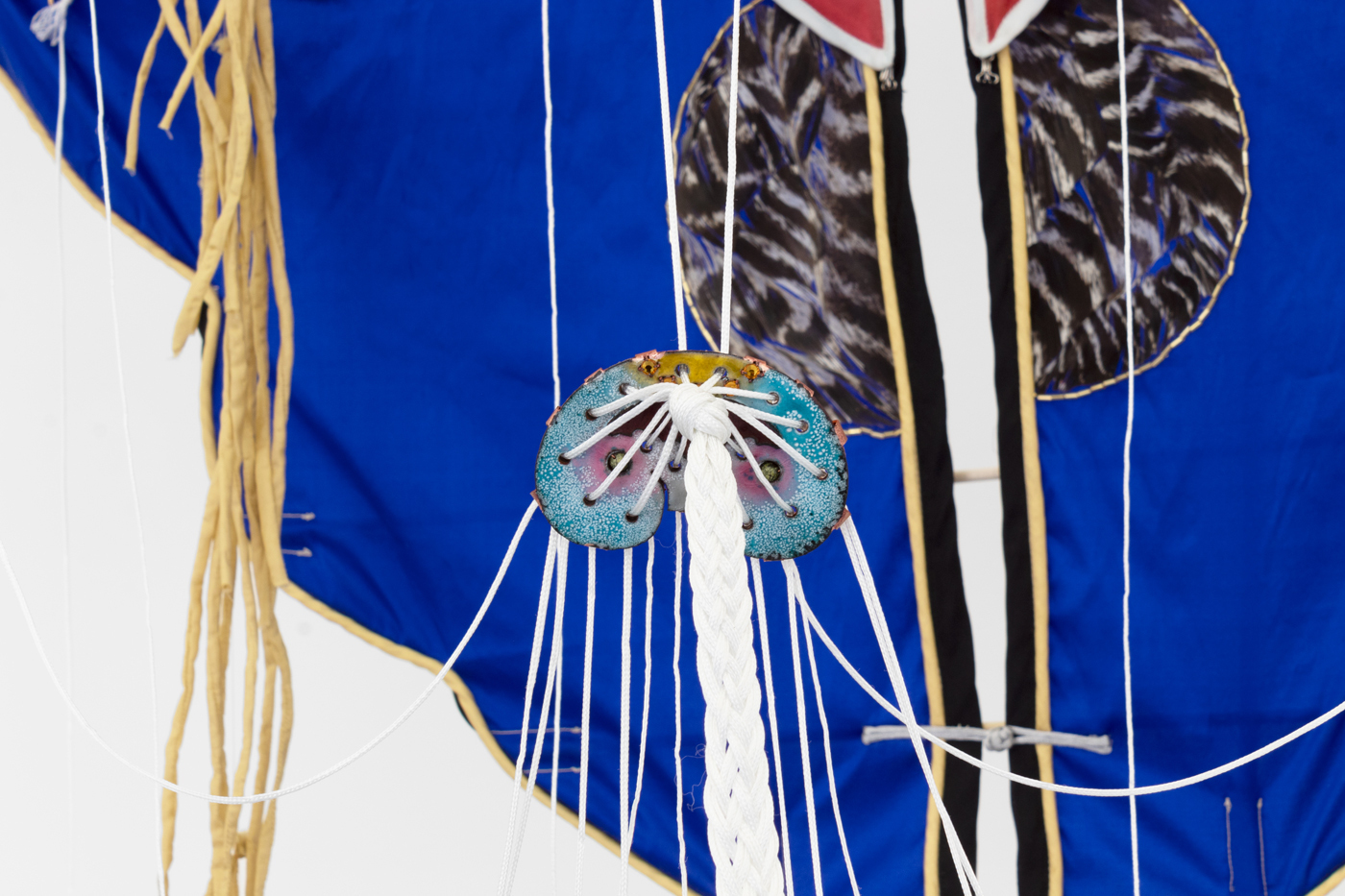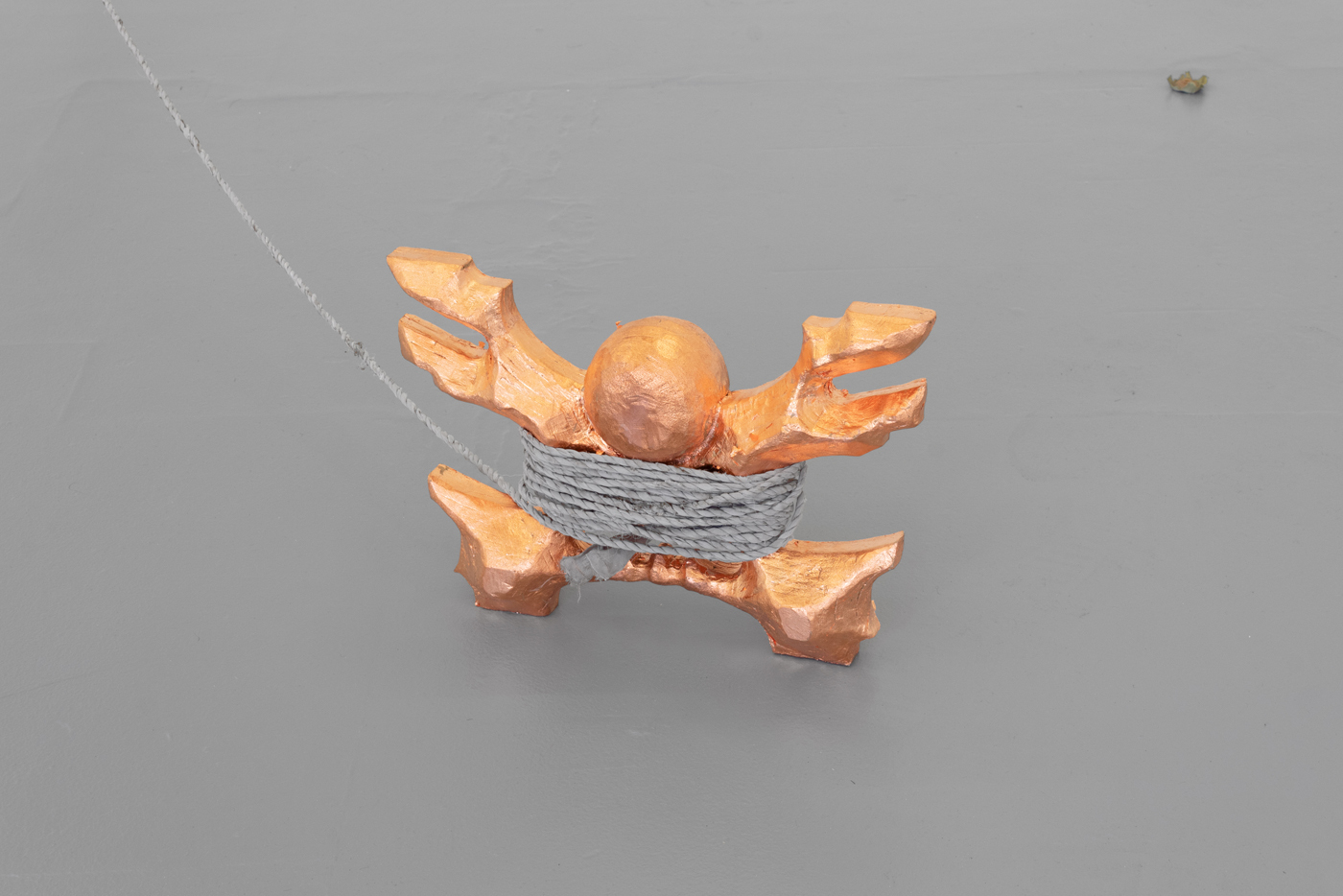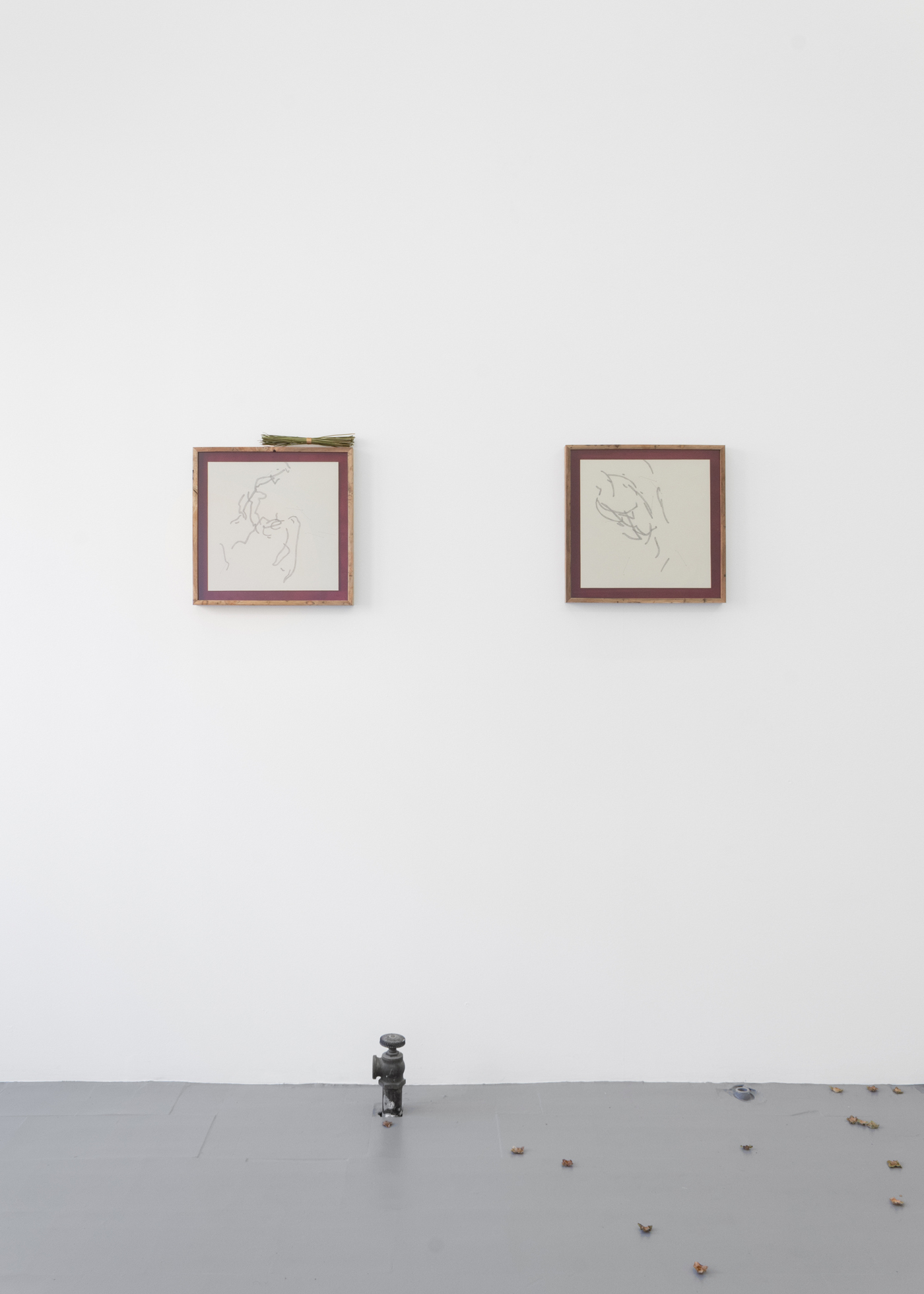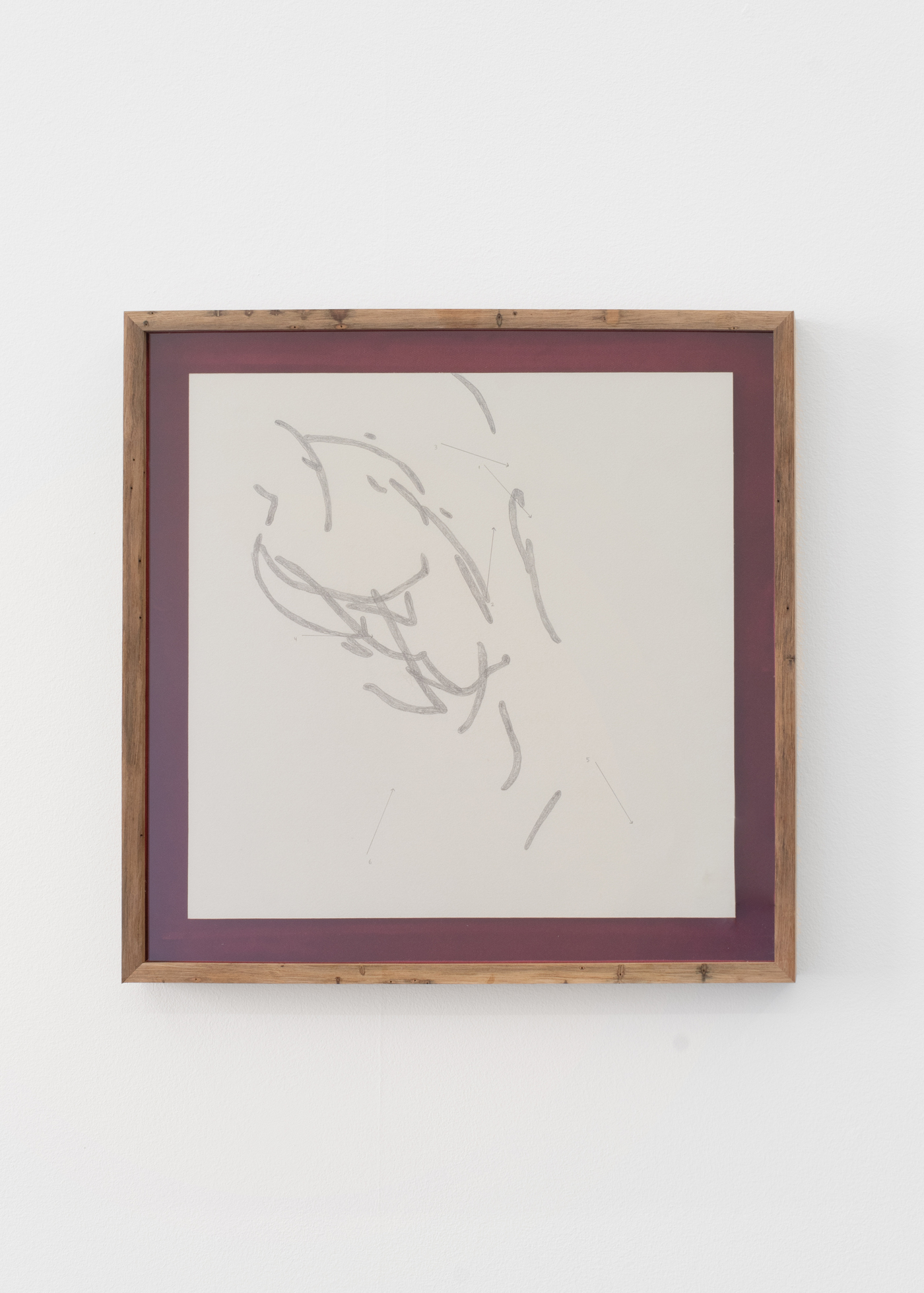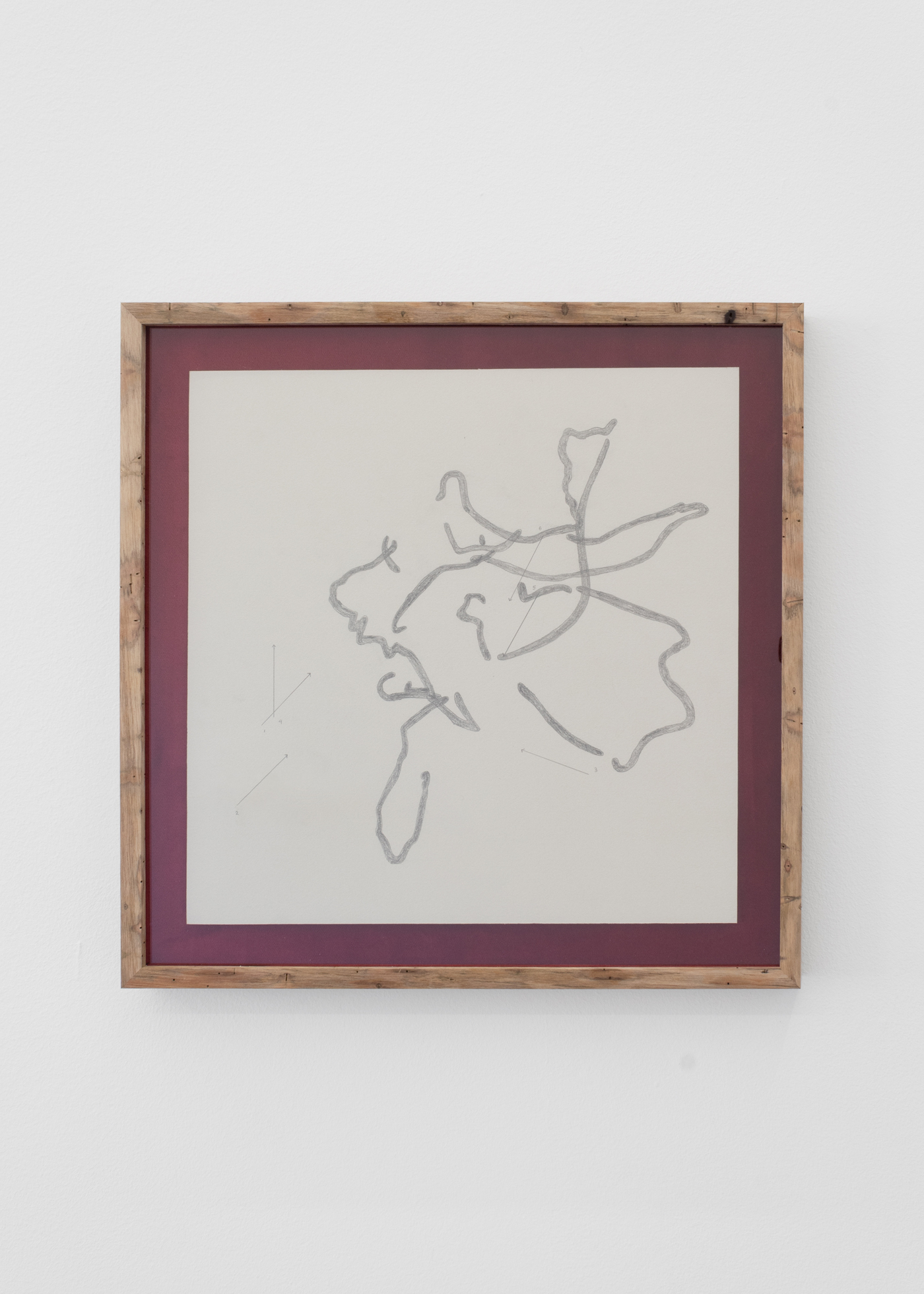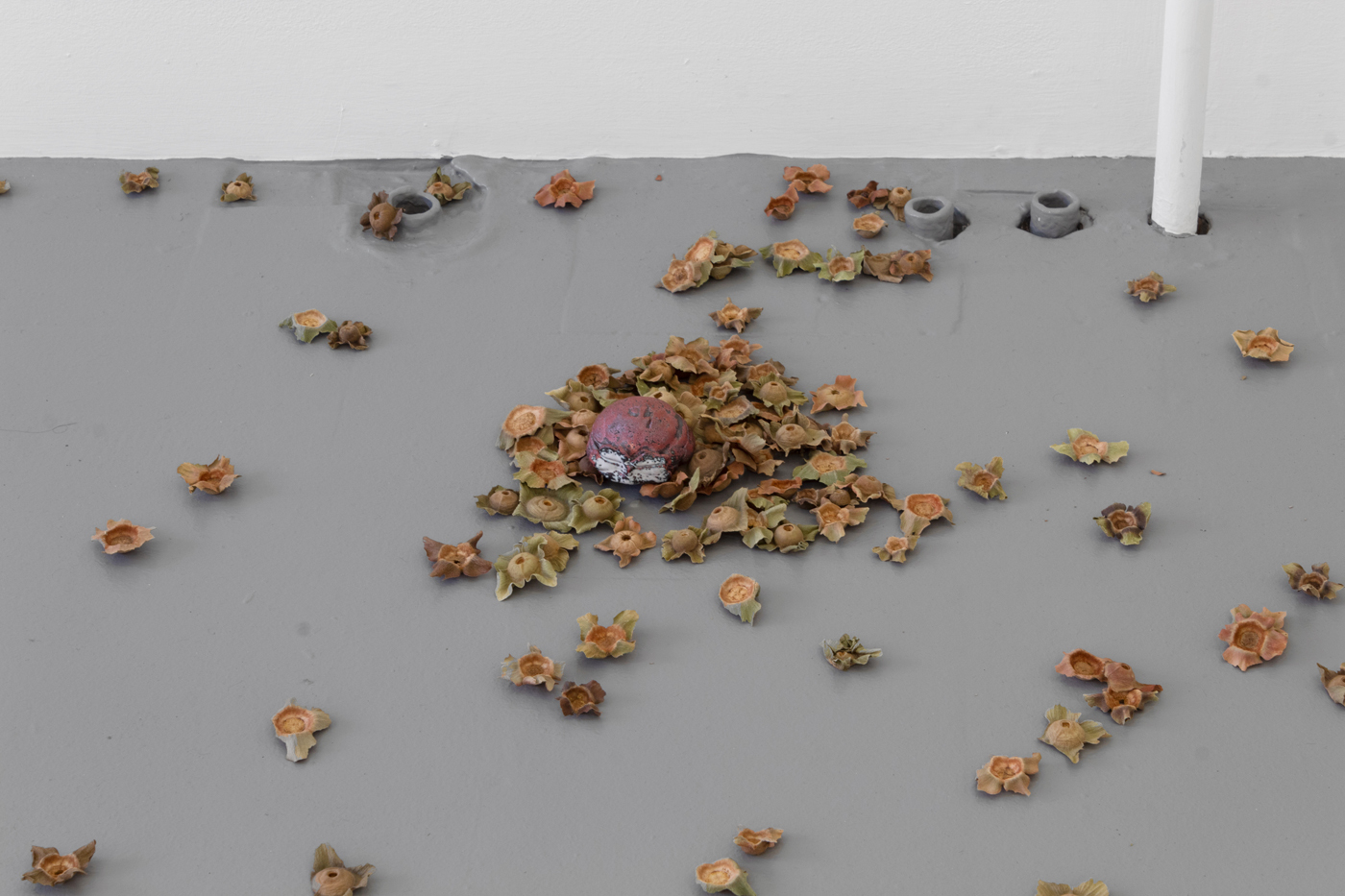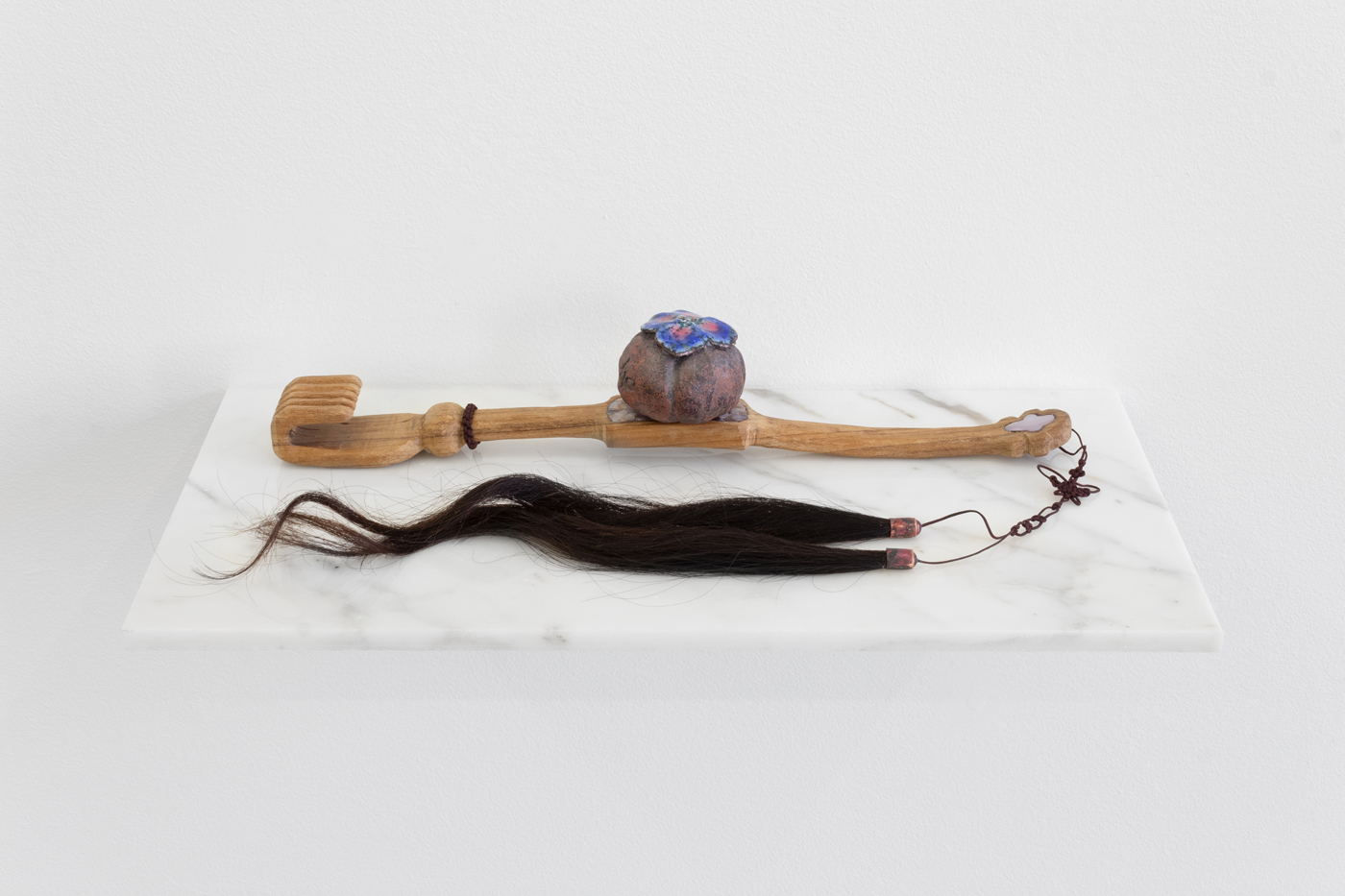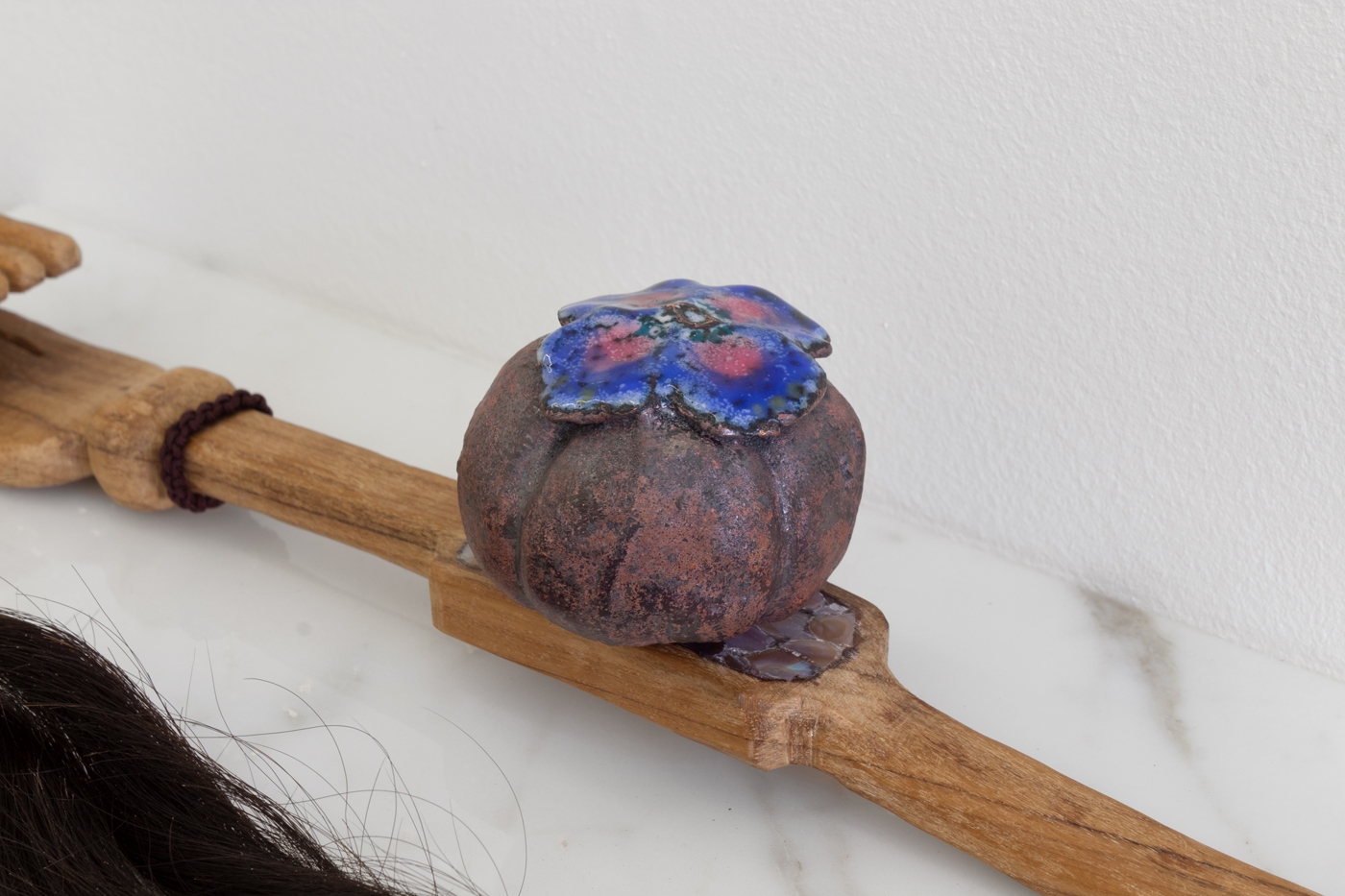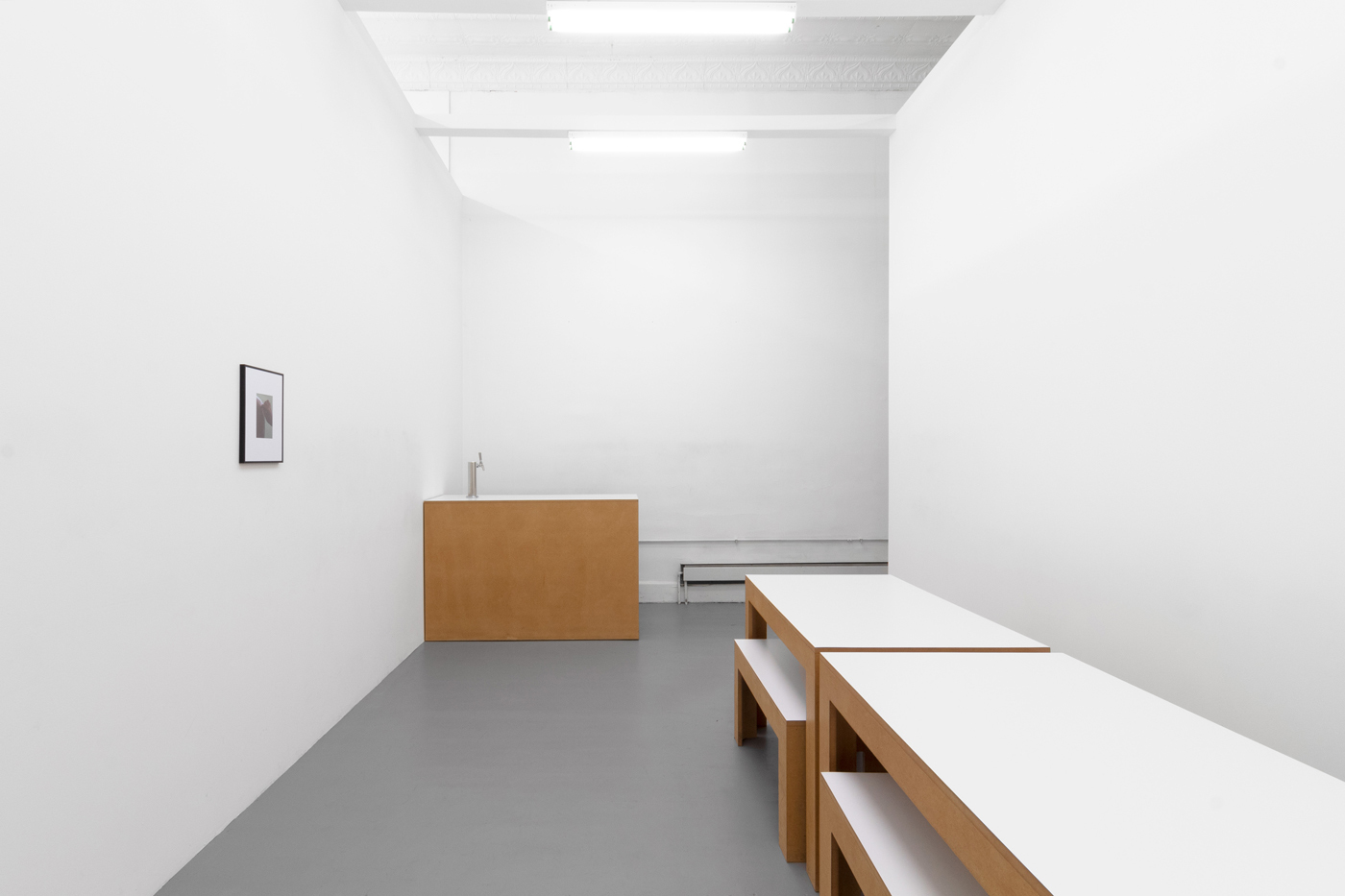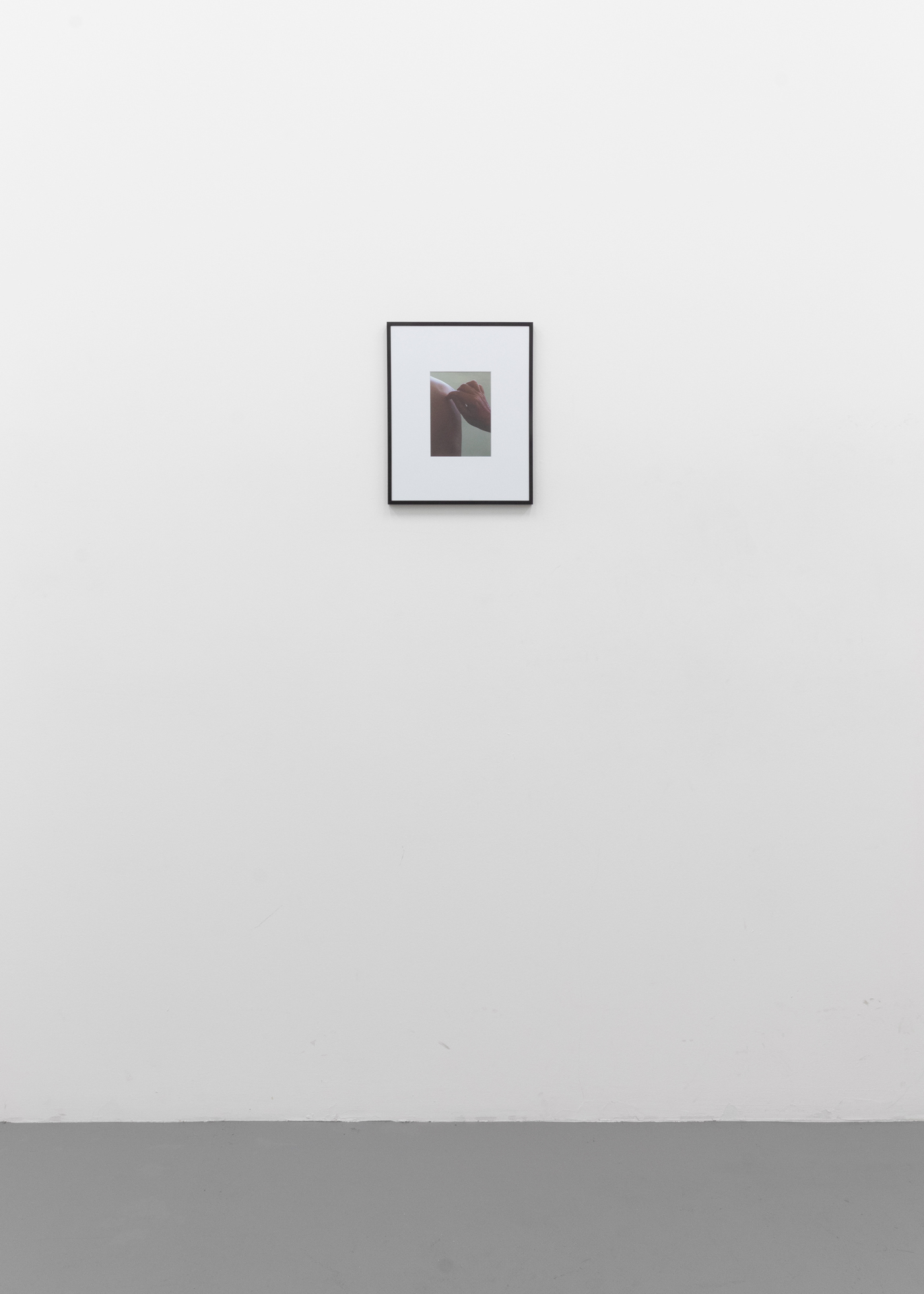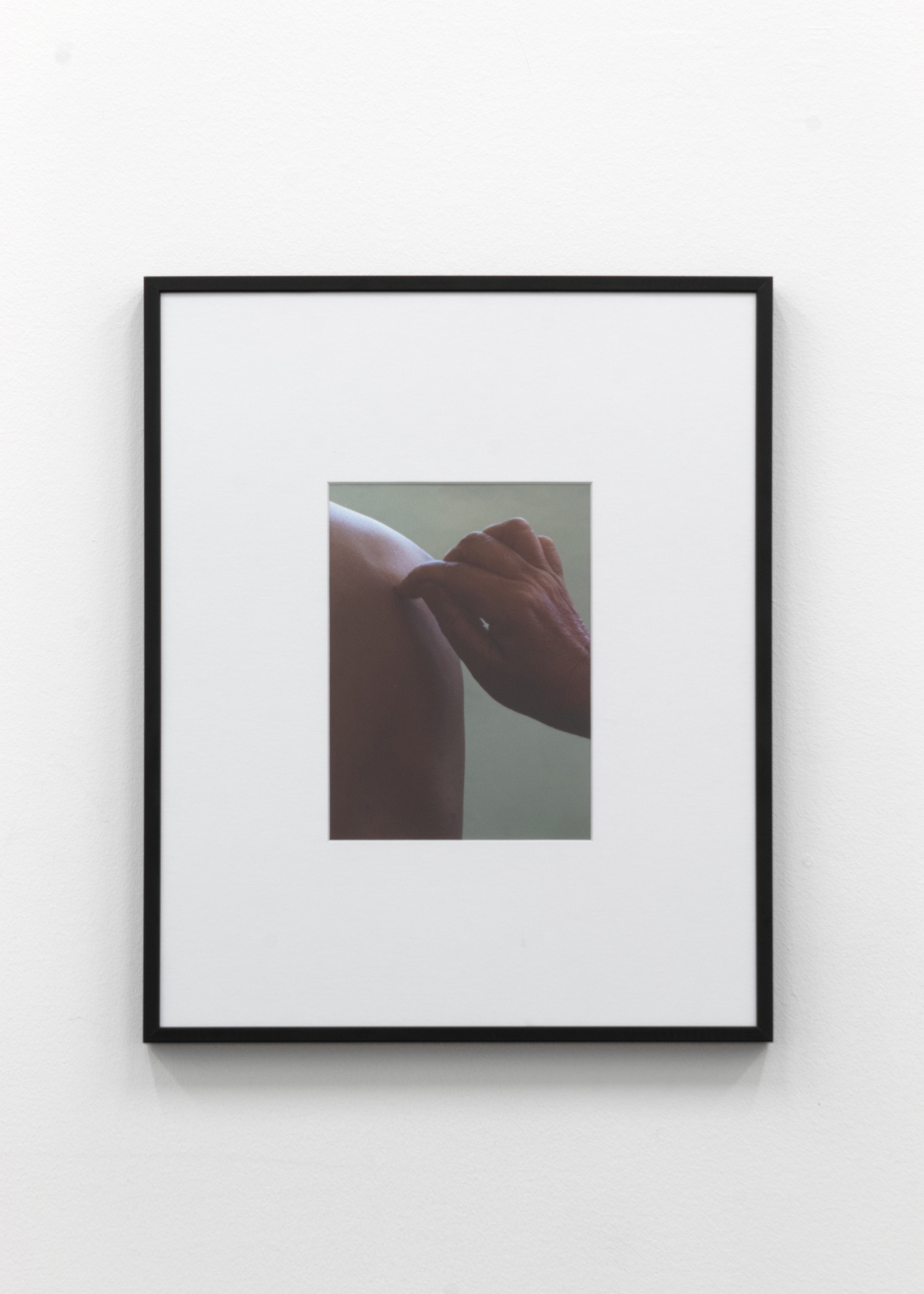如意 As You Wish
Saturday, November 18, 2023
filed in: 2023 Kites
I will start from the back. I grew up in Maryville, a small town in the Northwest corner of Missouri. Our backyard opened to a large field where my brother and I sometimes flew kites. We wrote wishes to send up the kite line and if the paper vanished by the time the kite was reeled in, it meant the wish had been granted. This summer, I asked my mom about the wishes she made as a child and she told me about how she wished for long beautiful hair, but that her mother always cut it short. 5 years ago, I began growing my hair out.
During the Qing dynasty, Chinese women sometimes wore detachable collars with cloud-like scalloping patterns as a way of protecting their clothes from the dandruff and oils of their long hair. These collars were called yunjian 雲肩, or cloud shoulder. Chinese philosophy sees the sky as round and the Earth as square and with its four corners and circular neckline, to wear the yunjian was to penetrate one’s body through the sky. Up there, peering through the neckhole, I wonder if I can see where all our wishes went to rest.
The design of the yunjian is theorized to stem from the calyx of a persimmon and the cloud-like shapes of a ceremonial scepter of good fortune known as ruyi 如意. Ruyi is written with two characters: Yi 意, meaning wish, will, intention; ru 如, meaning as, like, in accordance. This also happens to be the same character used in my mom’s name. Together, the characters read: as desired, according to one’s will, as one wishes. Or perhaps, for me, a mother’s wish.
A wish is a sound. To write yi 意, you place the character for sound 音 on top of the character for heart 心. A wish is the sound of one’s heart. My name is comprised of two characters: Hai 海, meaning ocean and Wen 聞, meaning listen. Even though she grew up on the coast of Taiwan, my mom tells me she wished she could have seen the ocean more often. The character for mother 母 sits within the character for ocean and I wonder If I place my mother’s wishes in the sea, if I would be able to hear them more clearly.
Historians theorize that the ruyi originated from a monk’s backscratcher. After all, to scratch one’s back is to satisfy an unreachable desire. A backscratcher is also human. The Chinese word for backscratcher, buqiuren 不求人, translates to “person who doesn’t ask for help.” Perhaps the act of using a backscratcher is the act of holding someone who doesn’t typically ask for help.
I find myself running back and forth again. Present to past, past to present, scratching across time and language, waiting for my kite to catch wind. I’ve heard that it is only in the Western Sphere that we conceive of the past as something behind us. The past is visible; we see it before us. In this conception of time, time flows through us from back to front. So when I look back, I know I am peering at a future unknown. I know it is there, where new worlds emerge. I know it is there, where I will find everything I wish. I am not sure how I will get there, but I will start from the back.
--
Works Included:
Cloud Collar, 2023
dyed silk, feathers, gold, beads, wood, string, hair extensions, one wish
Wish Anchor, 2023
wood, copper leaf, silk
Back Divination - unchanging 45, 2023
graphite on paper, velvet, persimmon wood frame, 50 yarrow stalks
Back Divination - 9 changing to 1, 2023
graphite on paper, velvet, persimmon wood frame
Back Divination - 1 changing to 25, 2023
graphite on paper, velvet, persimmon wood frame
萬柿 Wanshi, 2023
persimmon calyxes, copper
事事慧如意 Shi Shi Hui Ru Yi, 2023
enamel on cast copper, hand-carved teak with mussel shell inlay, cord, copper, artist's hair
神背 Shenbei, 2023
inkjet print
海意 Haiyi, 2023
inkjet print
